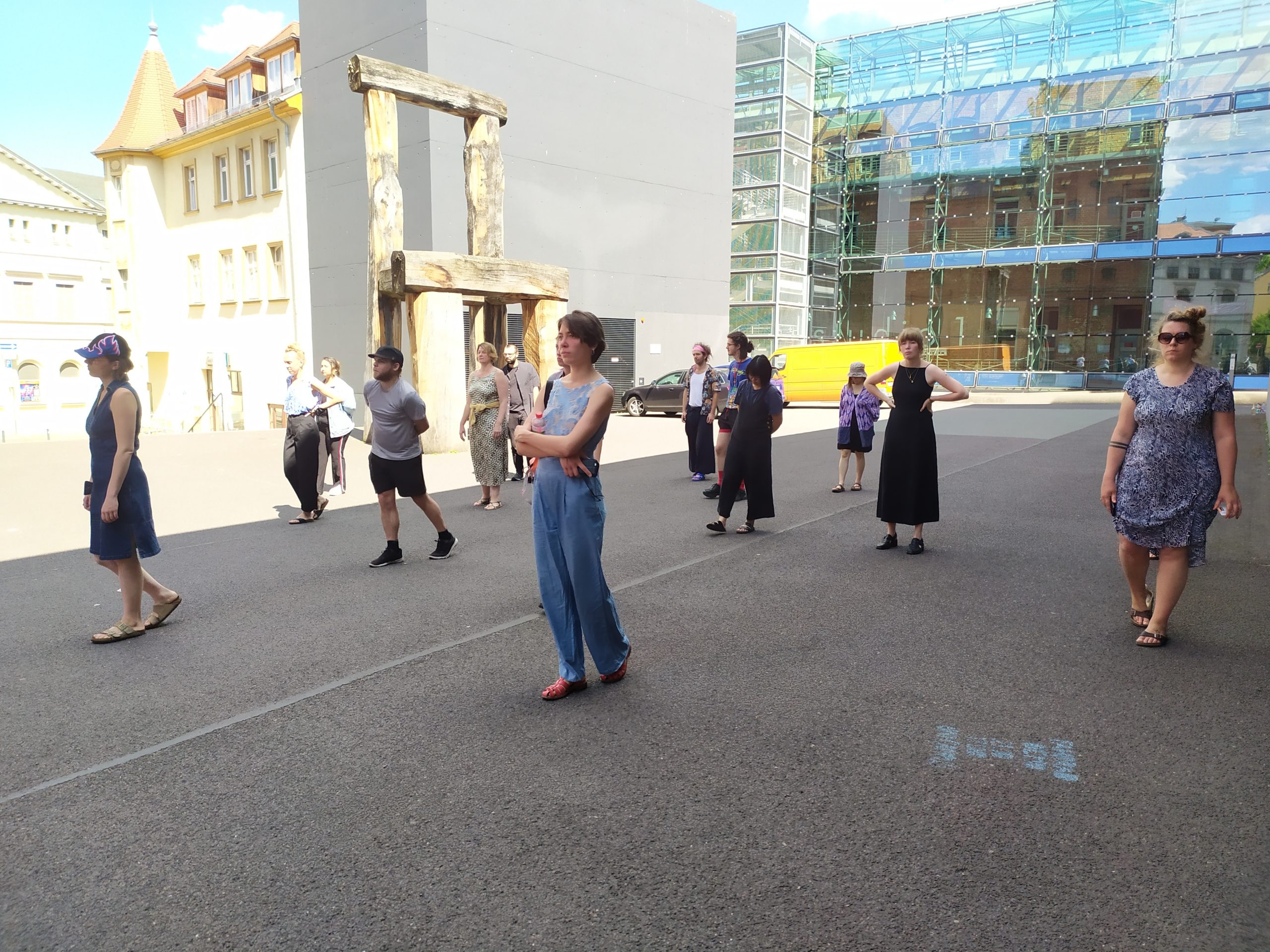Sound Mnemonics (Workshop)
Workshop
2022 - ongoing
Catalogue number : 94
This workshop questions the nature of sound memory and how it meets and articulates with other sound-related concepts such as listening, composition, and recording.
Classical mnemonics from Roman antiquity (Cicero), to the Middle Ages (Raymond Lulle) to the Neoplatonic Renaissance (Giordano Bruno, Giulio Camillo Delminio, Robert Fludd) focused on memorizing verbal and textual content through the use of visual images and emblems by placing them in imaginary architectures. Throughout this long history, very little attention has been paid to sounds.
The aim of the activities proposed in the workshop is to implement techniques borrowed from traditional mnemonics but directed toward the practice of sound memory, exploring practically and reconsidering in depth the processes by which we remember sounds and music.
The proposed protocols emerge from a series of open-ended questions that consider the materiality of sound insofar as it is imbued with memories, themselves possible emissaries of a subject that expands beyond the boundaries of consciousness and individual identity.
How much does the mnemonic substrate affect the way we listen?
How are sound experiences stored within us?
Can we analyze and manipulate how our memory interacts with and includes sounds?
Can we mix sounds heard in physical reality with those remembered in hybrid sound compositions?
Is a sound mnemonics technique possible that allows us to store and organize a large amount of « remembered » sounds? And, conversely, can we imagine a technique of “sound forgetting” that allows us to forget sounds? The proposed activities are designed to be experienced in practice without theoretical apparatuses and to stimulate new practices for memory-based sound art and composition.
Workshop first given in Weimar, June 26, 2022 at Bauhaus university in the frame of the “I am not sitting in a room” conference.
Workshop first given in Weimar, June 26, 2022 at Bauhaus university in the frame of the “I am not sitting in a room” conference.
